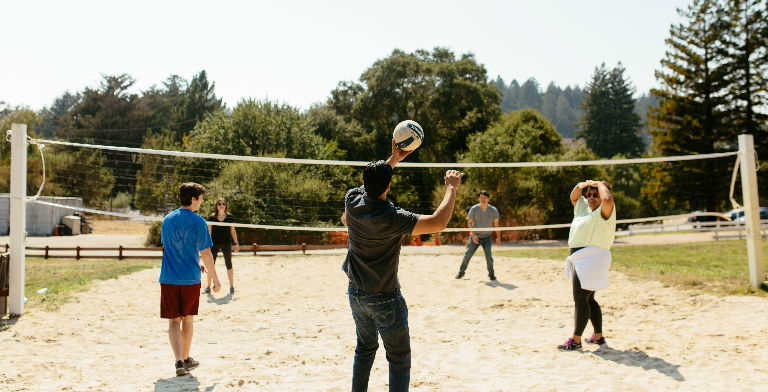Parents are the most important influence on a child’s development, but during adolescence they may feel they have been sidelined in favor of their child’s friends. Teenagers are strongly influenced by their peers. This often means that when a teen has friends who engage in unhealthy behaviors such as drinking and abusing drugs, the teen will also engage in these behaviors. It isn’t only a question of peer pressure – teens want to emulate their friends and feel that they are accepted. Parents may feel discouraged about trying to influence their child once the teen years begin, but by maintaining a dialogue about the dangers of substance abuse it is possible to delay the onset of alcohol consumption and prevent substance abuse.
Research shows that teenagers who begin to drink before the age of 14 are much more likely to become dependent later in life. They are also more likely to experience negative consequences from drinking including assault, accidental injuries, impaired performance in school and even arrest. Parents, schools and communities should do everything possible to send teens the message that alcohol consumption should be delayed until the age of 21.
Prevent Substance Abuse
Here are some tips for parents to help prevent teen alcohol and substance abuse:
- Stay involved in your teen’s life. Encourage them to bring their friends home and to keep you informed about their activities. Limit exposure to entertainment that glorifies drinking and drugs.
- Set high expectations for your teen. Reward achievement and good behavior and make it clear that you expect your teen to make his or her best effort in school.
- Fight boredom, which is often at the root of drug and alcohol experimentation. Keep teens busy with sports, church and youth groups that embrace an anti-drug and anti-drink philosophy. Teens who are surrounded by positive peer influences are less likely to use alcohol and drugs.
- Keep in touch with your teen by forging lines of communication. Use shared family meals and activities as a time to connect and talk to your teen. Don’t sit back and rely on your child’s school to provide guidance about substance abuse – effective prevention requires support from parents.
- Walk the talk in terms of alcohol and drug use. Parents who are heavy drinkers or who abuse drugs should not be surprised if their children mirror their behavior. Adopting a sober or moderate approach to drinking and avoiding illegal drugs entirely will influence teens more than lectures.
A strong family bond and parents who are involved with their children can also help delay the onset of drug and alcohol experimentation. Teens are eager for independence, but this doesn’t mean that parents should give up all control. Because adolescents often take risks and exercise poor judgment, they need boundaries to be set. They also need to know that there will be consequences when they break family, school and community rules.
Despite the influence of peers, parents are the most important role models when it comes to defining standards for behavior. By setting limits and providing consequences for risky behavior, parents can send a clear message to their teens about drinking and drug experimentation. Talking often about substance abuse is also important. Even if parents are convinced that their teen or pre-teen would never use alcohol or drugs, the subject should be frequently discussed.

















